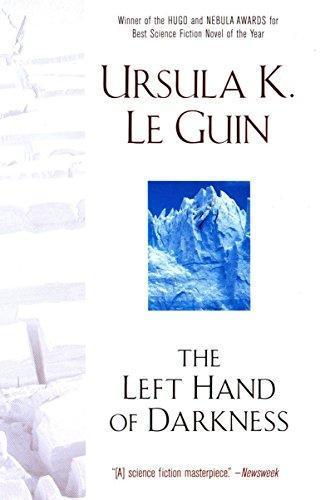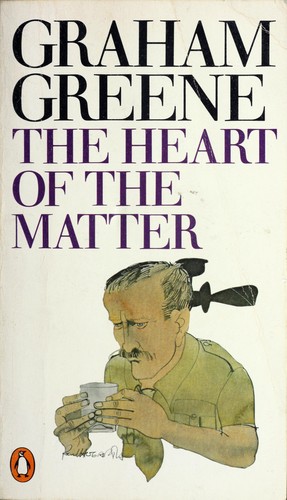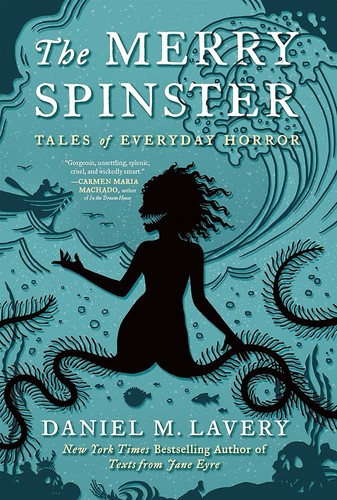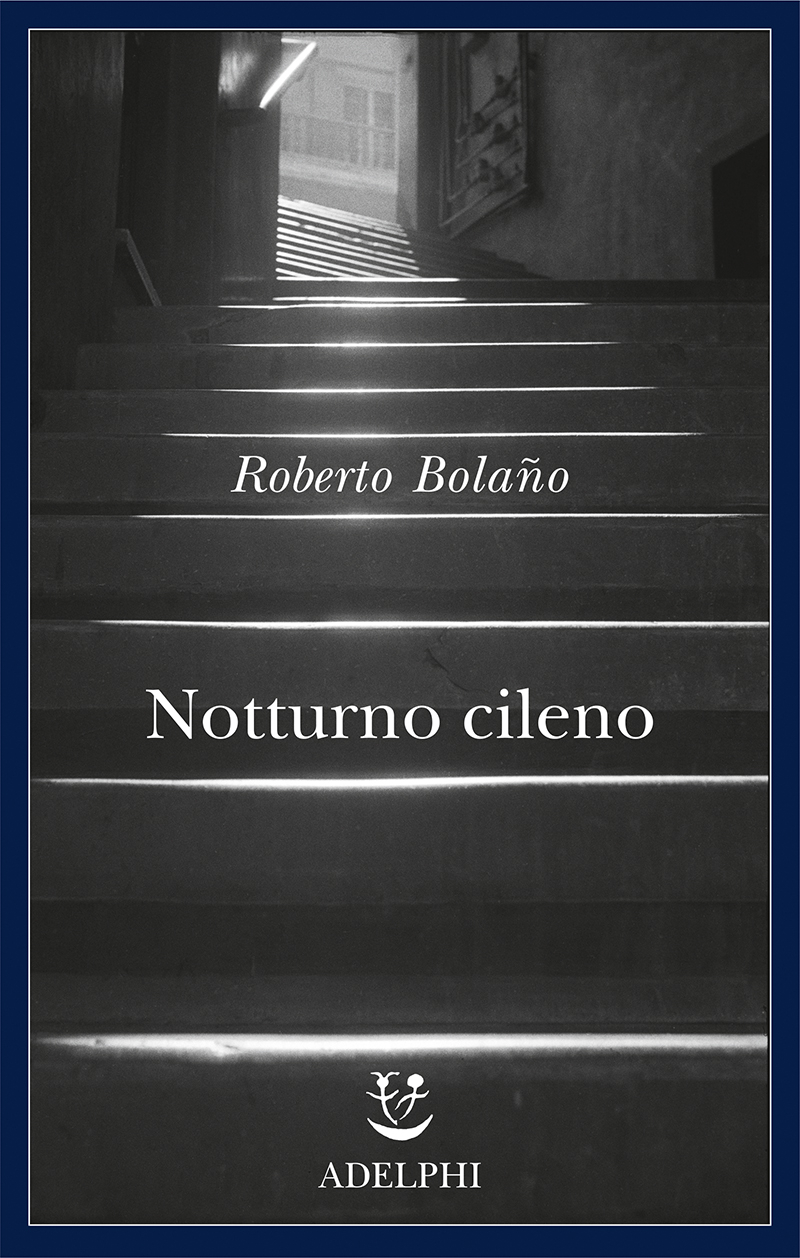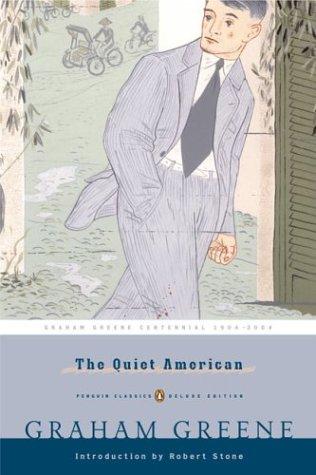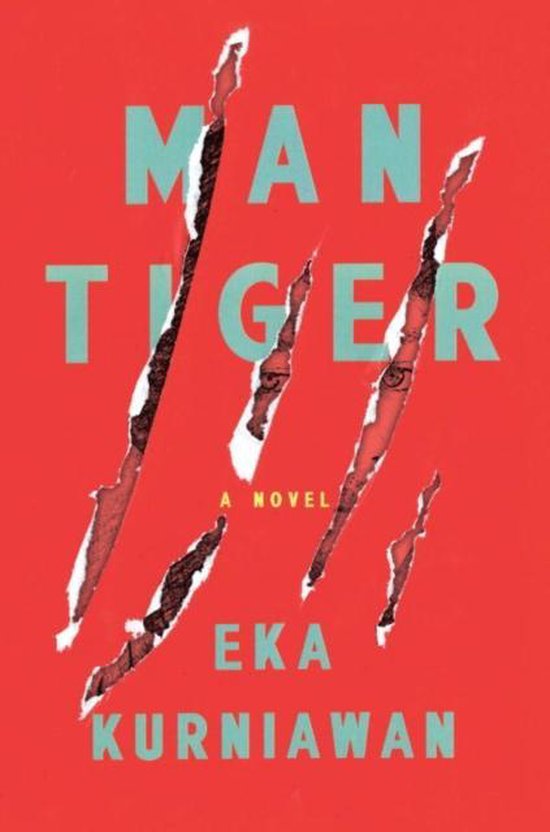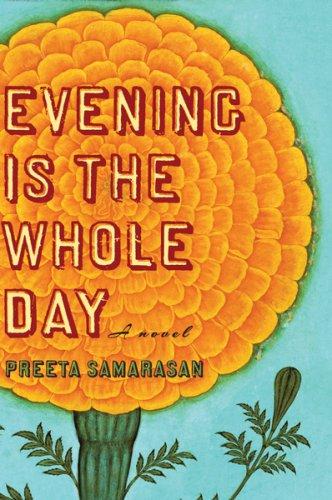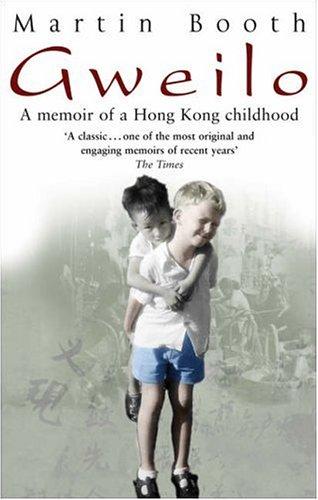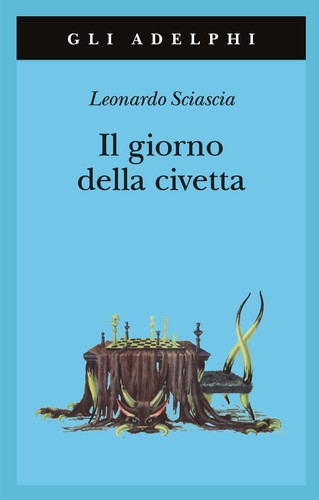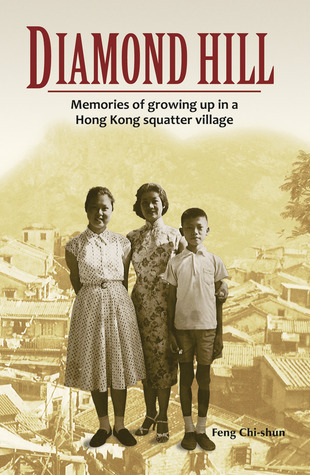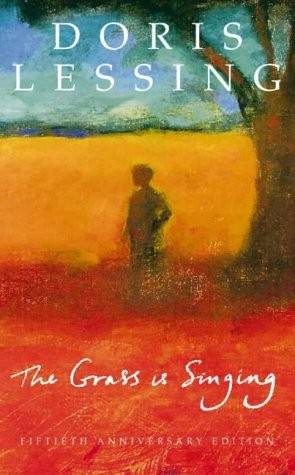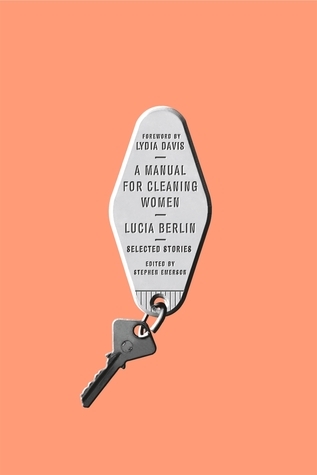ralentina reviewed The Left Hand of Darkness by Ursula K. Le Guin
A man's journey into a genderless world
3 stars
Like all good science fiction, The Left Hand of Darkness is not really about other planets (like Winter, a frozen world dominated by a bureaucratic and a pre-modern kingdom), other eras (when people, ideas and goods can travel between worlds) or other beings (genderless humans). It's about us, the political structures and social relations we live in. Le Guin excels at this. The story is a solid adventure. I am less of a fan of the slightly hippie ying and yang duality philosophical musings, and the aphorism-like writing, which are not my vibe.

